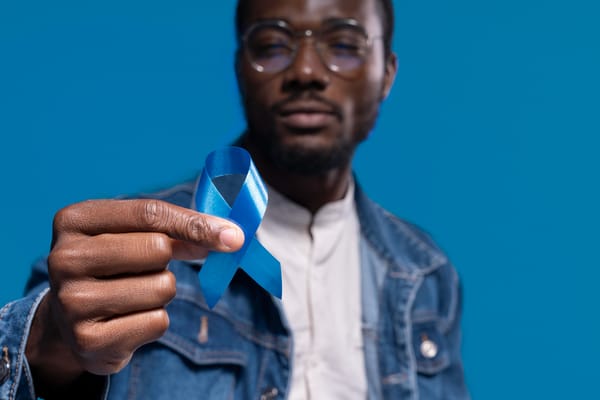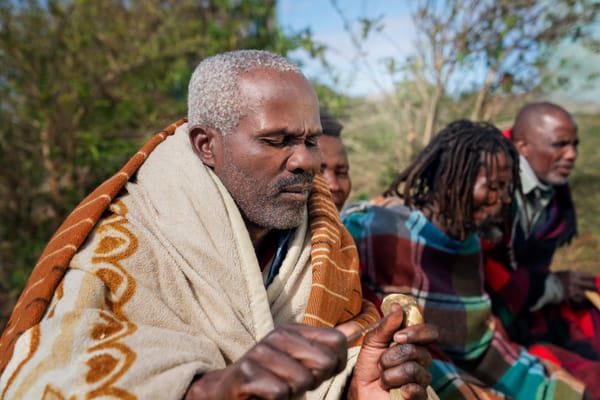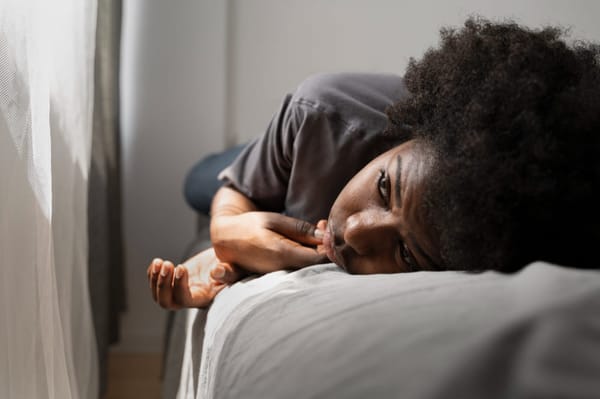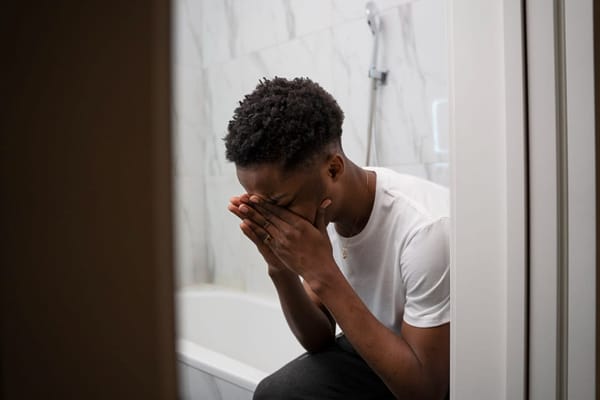Breaking the Silence: Centering Survivors’ Voices in the Fight for Reproductive Justice
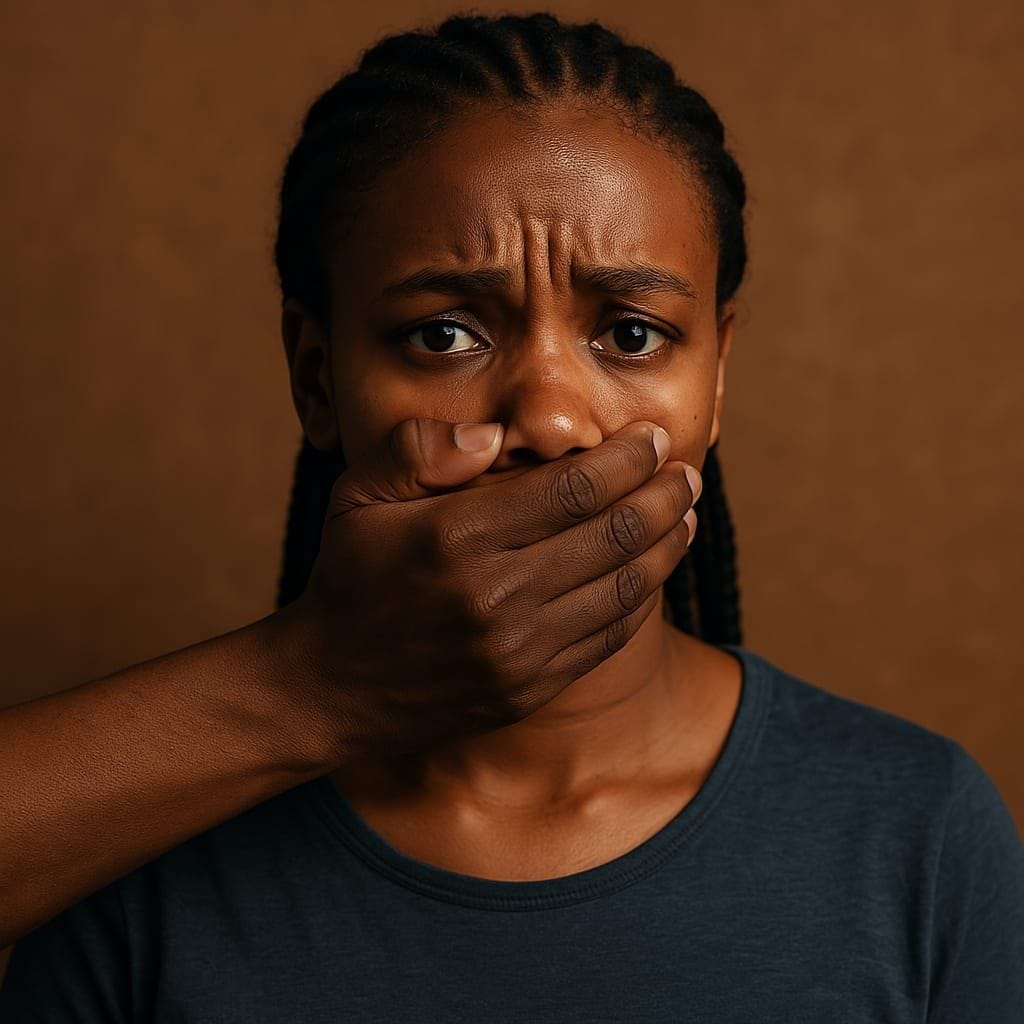
When the global COVID-19 pandemic struck, lockdowns and restrictions became a new normal. For many, these measures were a means of survival, but for countless girls across Kenya, the pandemic triggered an invisible crisis. Schools closed, movement was restricted, and vital support systems like teachers, mentors, and health workers became inaccessible. In the silence of their homes, some girls found themselves trapped with their abusers.
Amina* was one of them.
At 17 years old, she experienced sexual violence at the hands of a relative during the COVID-19 lockdown. Isolated and unsure of where to turn, she remained silent. Like many girls, Amina feared being blamed or disbelieved. Weeks later, her silence was interrupted by an unplanned pregnancy—a trauma layered on top of another. "She was still unsure of what to do or where to go". It wasn’t until a friend mentioned a youth-friendly health center supported by Reproductive Health Network Kenya that Amina finally saw a way forward.
There, she received Post-traumatic care, counseling, and compassionate reproductive health services. She learned about Nena na Binti, an initiative designed to give young women like her a voice. Nena na Binti, meaning “Speak to a Girl,” is more than just a campaign—it’s a platform. It encourages girls to share their stories, seek help, and support one another. Additionally, it connects them to safe spaces and services where healing can begin.
Amina eventually became part of the program, not just as a beneficiary but as a peer educator. Today, she speaks to other girls, encouraging them to break the silence and know that they are not alone.
Amina’s story is not unique. In Kenya, the statistics paint a grim picture. According to the Kenya Demographic and Health Survey, nearly 45% of women aged 15 - 49 have experienced physical or sexual violence. Gender-based violence sharply increased during the pandemic, with reports from the Kenya National Bureau of Statistics showing that cases increased by over 30% in some counties. Mental health issues, particularly among adolescents, have also surged, with many experiencing depression, anxiety, and trauma symptoms as a result of violence and lack of support.
This is where Nena na Binti continues to make a difference—not only by providing a voice but also by offering direct support through an informative call center. This helpline allows girls to ask questions anonymously, seek help, and be referred to youth-friendly services across the country. For those unable to physically access care, especially in rural or underserved areas, the call center serves as a vital link to information and services.
We must continue to amplify such efforts. The solution is not just in creating awareness, but in ensuring that girls have actual channels to receive help. This is a call to action to communities, youth movements, and partners: Support initiatives like Nena na Binti. Help us reach more girls. Help us remind them that their voices matter.
Lastly, healthcare providers play a critical role in responding to sexual violence. They are often the first point of contact for survivors, and how they respond can either empower or retraumatize a girl. It's essential that providers are trained in trauma-informed care, offering empathy, confidentiality, and comprehensive reproductive health services without judgment.
As we observe Sexual Assault Awareness month, let us not only reflect but also act. Every girl deserves safety, dignity, and a chance to heal.
Amina’s voice rose from silence to strength, and through her courage, she helps others reclaim their power, too.
Let us listen. Let us speak. Let us act
By Bernice Keya – RHNK Youth Advocate | Sexual Assault Awareness Month
